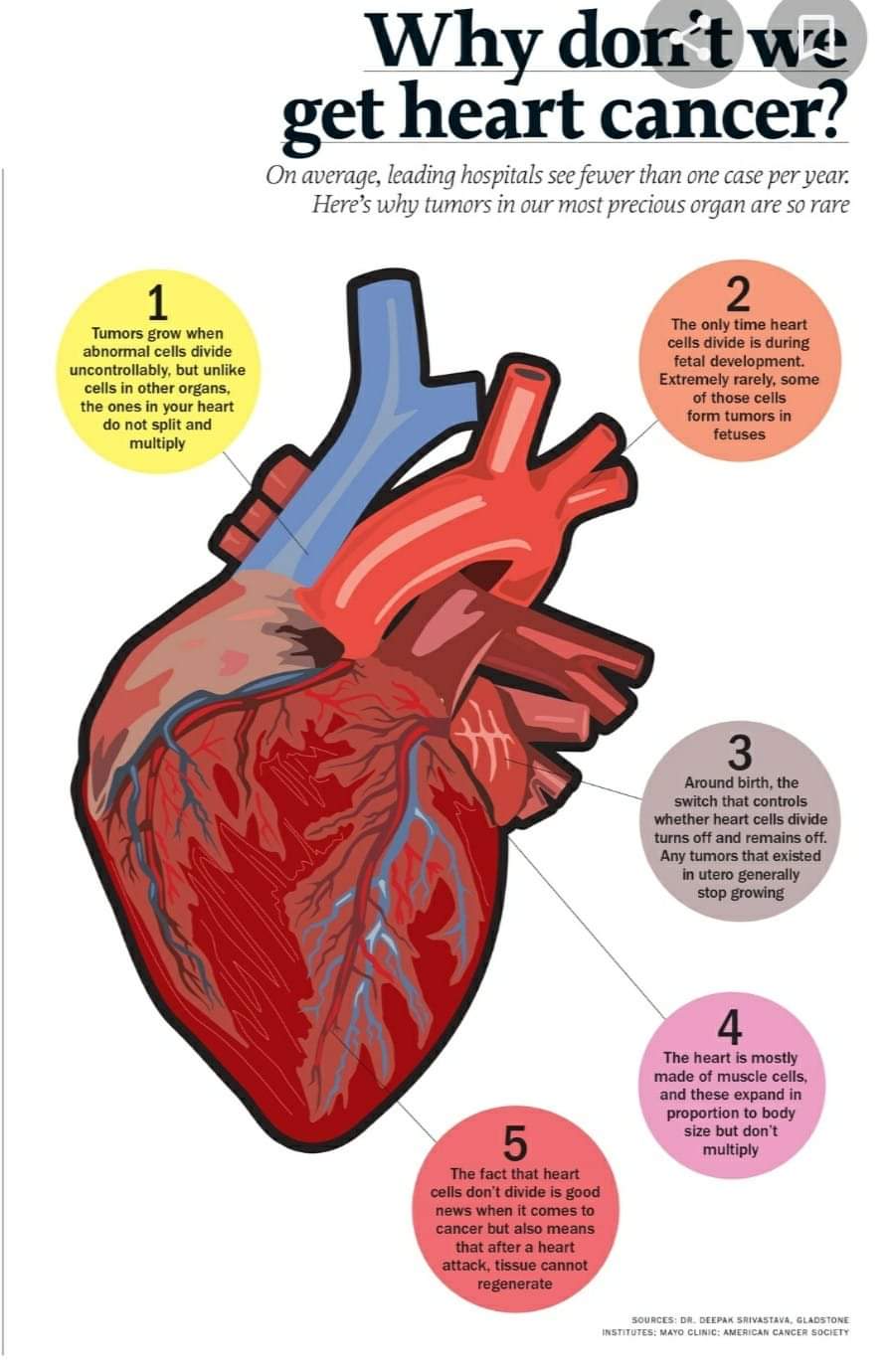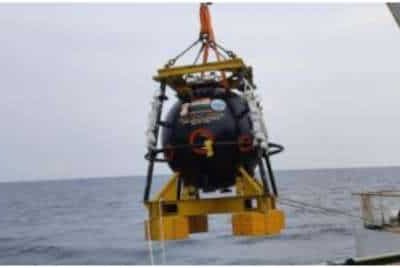The heart is an organ that begins to function before we are born. It continues to operate until the death of a human being. Cancer affects most parts of the body. But heart cancer is not affected. Experts also say that it is extremely rare if it occurs.
The growth of cells and tissues in the body has a precise genetic regulation and a time-dependent pattern. Uncontrolled and abnormal proliferation of cells and tissues is called cancer.
The heart is made up of cells that do not divide. Cells multiply uncontrollably by division. Then in cells that do not divide at all, the risk is very low. Only 50% of our heart cells are ever regenerated. This means that half of the heart cells we are born with will be with us for the rest of our lives.

Most of the body is under constant stress, which can lead to cell damage and thus regeneration.
Another characteristic of the heart is the number of chromosomes in its cells. Scientists studying the hearts of living things have found that this number varies in different species. Mice and human hearts were found to have a high proportion of polyploid cells in the heart. (The rest of the body is diploid cells). In contrast, zebrafish hearts have more diploid cells. So it can also effectively regenerate the heart after injury.
There may be tumors in the heart. But it is a non-cancerous tumor that can be surgically removed. Rarely, cancer affects the heart valves and muscles. It is a sarcoma-like cancer that affects the soft tissues of the body. And so on
Cancer that affects the lungs and breasts, the organs closest to the heart, can grow into the heart or the layers around the heart (pericardial sac). Or the cancer can start elsewhere in the body and spread through the bloodstream to the heart. All of this happens in the second stage of cancer.





Recent Comments